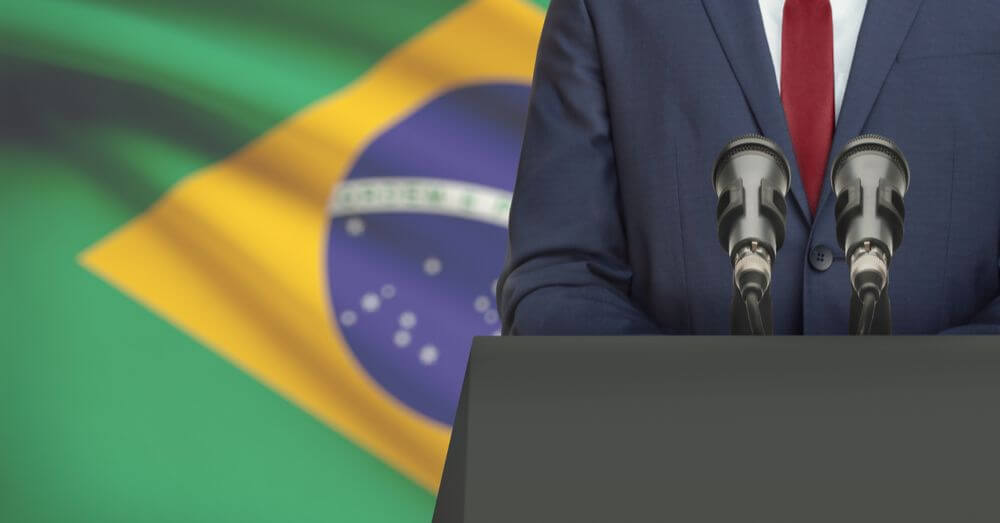
The CADE is looking into cases of banks unfairly shutting down the accounts of crypto exchanges.
Brazil’s Administrative Council for Economic Defense (CADE) has voted to reopen an investigation on the closure of the accounts of crypto exchanges by the country’s banks.
Some of the lenders that are back under probe are the following:
- Banco Santander Brasil
- Banco Bradesco
- Banco do Brasil
- Itau Unibanco Holding
- Banco Inter and Sicredi
The CADE, which is a local antitrust and competition body, began investigating six of the country’s biggest banks in 2018 after they suspended accounts belonging to crypto firms without any explanation and then refused to discuss the decision.
CADE launched the investigation after a complaint from Bitcoin Max, a cryptocurrency exchange that had its bank accounts closed without further explanation from the Banco do Brasil and Banco Santander.
While the results of the initial investigation have not yet been publicised, the CADE has accused local banks of denying cryptocurrency exchanges the required access to basic banking services. In their words, banks were “imposing restrictions or even prohibiting access to the financial system by cryptocurrency brokerages.”
The banks have denied these accusations and cited concerns of illicit activities as their main reason for refusing access, stating that the bank accounts owned by these crypto exchanges were closed as a security measure to prevent money laundering.
The Brazilian Federal Court ordered the reopening of Bitcoin Max’s bank accounts, warning they would issue fines to banks that fail to comply with their ruling. The court advises that instead of denying banking services to crypto startups completely, banks must look into each account and analyse its likelihood to engage in illicit activities.
Brazilians have also engaged in cryptocurrencies, making the country buzz with trading and investing activity. Brazil is currently leading Latin American regulations and developments for cryptocurrencies; however, there has some difficulty maintaining this status, as the Securities and Exchange Commission of Brazil (CVM) has banned regulated investment funds from trading in the virtual assets class.
However, the country has doubtlessly taken significant steps towards welcoming cryptocurrencies. Last year, the national parliament set up a commission to handle the regulation of cryptocurrency.

